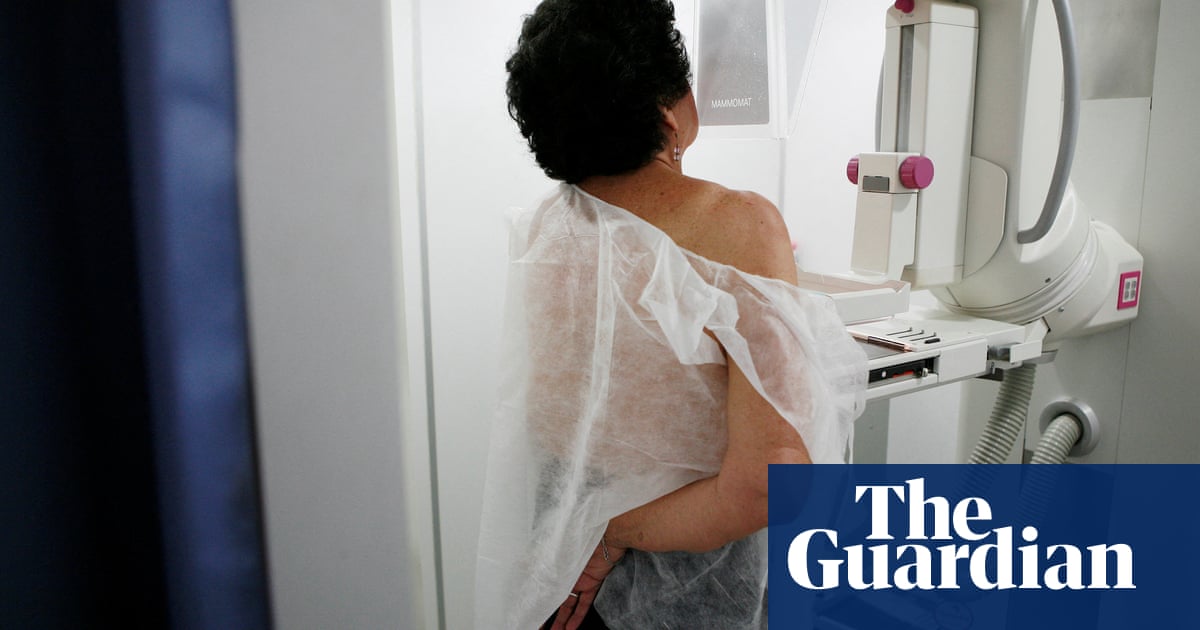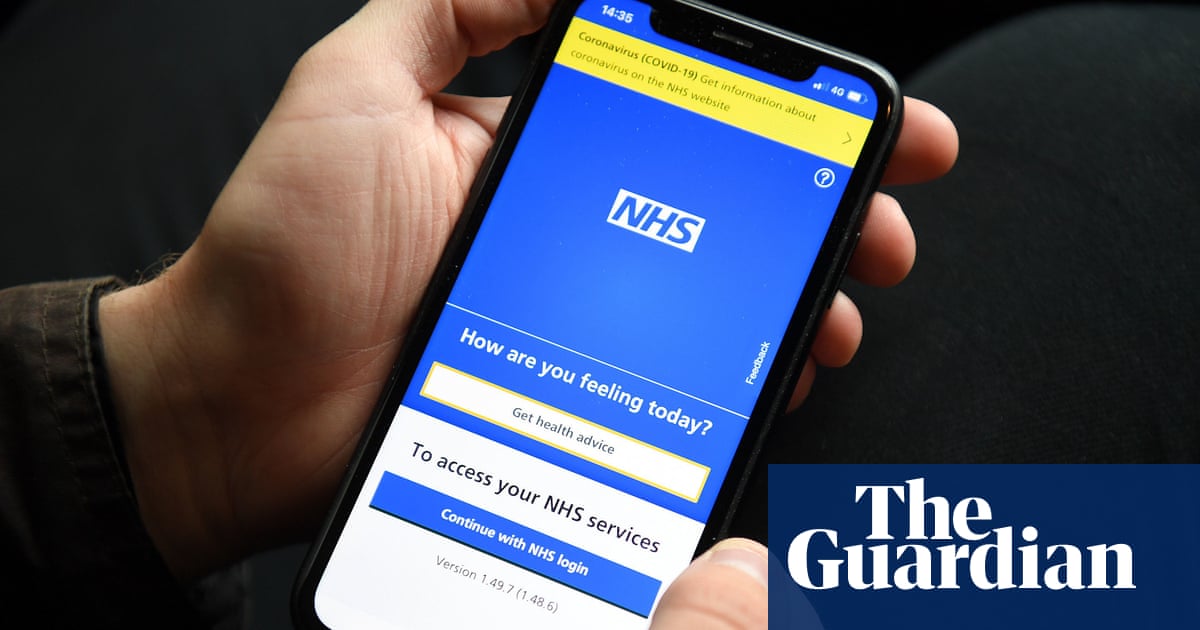
Thousands of NHS cancer patients who have exhausted all other options are being offered liquid biopsy blood tests to match them to personalised medicines.
The groundbreaking genetic analysis gives patients a better chance of successfully trying new treatments. A pioneering scheme piloted at the Christie NHS foundation trust in Manchester proved so successful it is being rolled out across the UK, the Guardian can reveal.
The development is a significant breakthrough. Cancer patients who have run out of options but are still reasonably well have been able to access clinical trials based on their cancer type – breast cancer, for example – for decades. However, many of these trials do not target the DNA profile of the patient’s tumour.
Now cancer patients running out of options are being offered personalised drugs via the nationwide initiative. By understanding the genetic faults in a patient’s cancer from a simple blood test, doctors can match more patients to specific clinical trials – with the hope of saving or extending lives.
The Target National initiative is being funded by the Christie charity and the Sir Bobby Robson Foundation in Newcastle. It is recruiting thousands of cancer patients via 18 cancer centres in England, Scotland, Wales and Northern Ireland.
The new approach is essentially a match-making service for patients and clinical trials. The quicker patients can try new drugs that may help them, the better chance of life-changing results. The pilot found patients accessing new drugs this way were more likely to see their tumours shrink. The results also suggested that a wider pool of patients and clinical trials would further increase the chances of success.
“The learnings from our original Target study in Manchester were that genetic testing needs to be done on a large scale to identify rare genetic mutations and that broader access to medicines through clinical trials being undertaken across the country rather than just one site are required,” said Dr Matthew Krebs, a consultant oncologist at the Christie who is leading Target National.
“This study will allow thousands of cancer patients in the UK to access genetic testing via a liquid biopsy. This will enable us to identify rare genetic mutations that in some patients could mean access to life-changing experimental medicines that can provide great treatment responses, where there are otherwise limited or no other treatment options available.”
The scheme is open to cancer patients with solid tumours who have exhausted all other options and are considered by their oncologists to be suitable for early-phase experimental trials. Researchers analyse the genetic characteristics of a patient’s cancer from a blood sample and look for faulty genes that may inform that individual’s suitability to receive an experimental treatment.
David Kearney was diagnosed with stage four prostate cancer in February 2016 but access to clinical trials through the pilot scheme has kept him alive.
“Taking part in the Target trial helped me by enabling my doctors find the right clinical trials for me,” the 58-year-old father of two from Bury said. In 2021, he celebrated his 25th wedding anniversary with his wife, Amanda, and became a grandfather for the first time. “I have now been on clinical trials for nearly two years, which has kept my cancer at bay, and I really hope many more people from across the UK will experience the same success.”
The new initiative uses a state-of-the art blood test made by Roche that spots genetic faults in the cancer. Because tiny amounts of DNA leak from tumours into the blood stream, a simple blood sample is all that is needed to find the tumour’s genetic code.
“We can’t guarantee that we will find a fault in the genetic code of every cancer patient we recruit, or that if we do, there will be a suitable drug trial for them,” said Krebs. “However, as we learn more about the genetics of cancer in this study, it will help doctors and scientists develop new treatments to help people in the future.
“Ultimately, we hope liquid biopsy testing will be adopted into routine NHS care but we need studies such as this to show the benefit of the test on a large scale and provide the evidence that patients can benefit from being matched to targeted medicines on the basis of the blood test.”












